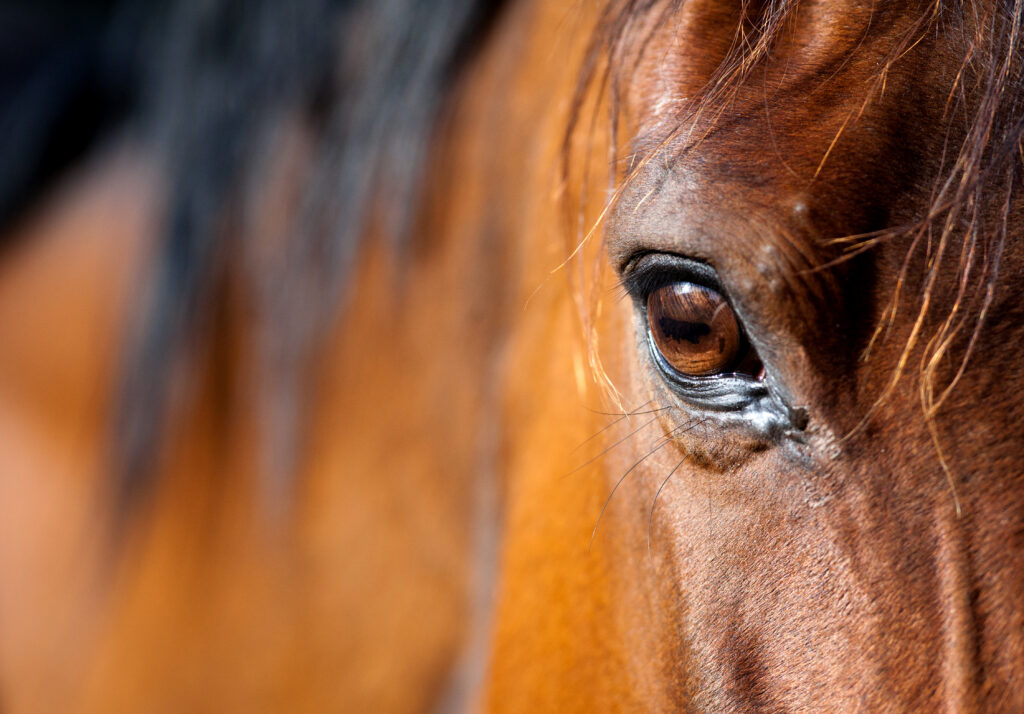A groundbreaking University of Florida study may have uncovered a new potential treatment for blindness, starting with horses and possibly extending to humans. Researchers from UF’s College of Veterinary Medicine, College of Medicine, and microbiology and cell science department have developed an innovative eye drop designed to combat equine recurrent autoimmune uveitis (ERU), a leading cause of blindness in horses—and a similar condition in humans.
Current treatments for uveitis, which affects about 30,000 people in the U.S. annually, rely on steroids, but long-term use can lead to severe side effects. This new SOCS1-KIR peptide-based treatment helps regulate immune responses and reduce damaging inflammation, offering a promising alternative. Initial studies on horses with vision loss and extreme light sensitivity have shown remarkable improvements, with some regaining sight after treatment.
With encouraging results in equine patients, researchers hope this therapy could one day restore vision for people suffering from autoimmune uveitis. The next step is a clinical trial with horses, bringing this exciting breakthrough one step closer to transforming blindness treatment for both animals and humans.

